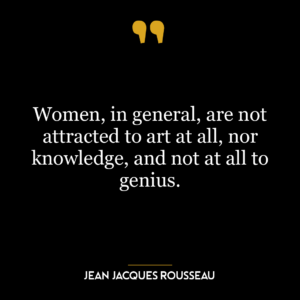“There’s nothing you can know that isn’t known” is a profound statement that delves into the nature of knowledge and human experience. At its core, the quote suggests that all knowledge is shared and universal. It implies that everything we can possibly know or discover already exists out there in the world, known by someone or something, waiting to be uncovered or understood by us. This is a humbling perspective, reminding us that we are not the originators of knowledge, but rather its discoverers.
This quote can also be interpreted from a more philosophical perspective. It suggests that our personal experiences and understanding are not unique but part of a collective consciousness. This is akin to the idea of the ‘collective unconscious’ proposed by Carl Jung, where he posits that there exists a part of the human mind that holds the experiences and knowledge of the entire human race.
In today’s world, this quote resonates deeply, especially in the realm of science and technology. The rapid pace of scientific discoveries and technological advancements often gives the impression that we are constantly creating new knowledge. However, if we adopt the perspective of this quote, we can view these advancements not as creations, but as discoveries of what was already known or existed in the universe.
In terms of personal development, this quote can be quite empowering. It suggests that the answers to our questions or the solutions to our problems already exist within us or in the world around us, and all we need to do is discover them. This can encourage us to seek knowledge and understanding, to be curious, and to never stop learning. It reminds us that we are part of a larger whole and that our individual knowledge and experiences contribute to the collective understanding of the world. It teaches us humility, patience, and the value of shared wisdom.















